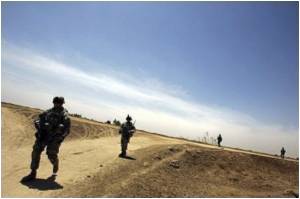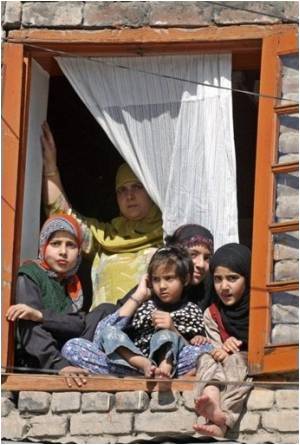
A growing body of research indicates that certain individuals are at higher risk for mental health problems following exposure to traumatic events. Prior research on risk factors for PTSS in war-exposed Veterans has revealed both direct and indirect mechanisms of risk that span pre-deployment, deployment and post-deployment timeframes.
According to the researchers the goal of this study was to identify the mechanisms through which previously documented risk factors contribute to PTSS in a national sample of 579 female and male Veterans deployed for OEF and OIF, as well as to examine the extent to which results mirrored findings among Vietnam Veterans.
Consistent with the conservation of resources (COR) theory, their findings indicated that PTSS was accounted for by multiple chains of risk, many originating in pre-deployment experiences that placed both female and male Veterans at risk for additional stress exposure. In addition, the researchers observed that family relationships during deployment appeared to play a more prominent role in explaining female veterans' compared to male veterans' post-deployment readjustment.
"These findings provide support for the generalizability of mechanisms of risk for PTSS across Veteran groups, and suggest that there may be some key pathways through which risk factors contribute to PTSS that generalize across different Veteran populations," explained lead author Dawne Vogt, PhD, an associate professor of psychiatry at BUSM and researcher at the National Center for Posttraumatic Stress Disorder in the VA Boston Healthcare System.
"While risk factors for PTSS were fairly similar to what was observed among Vietnam veterans for male OEF/OIF veterans, Mechanisms of risk for female OEF/OIF Veterans were more similar to that observed for male OEF/OIF Veterans than for female Vietnam Veterans, underscoring women's expanding roles in the military and their increased exposure to combat-related stressors.
Advertisement
Future research efforts would benefit from examining whether these documented pathways are observed in other trauma populations. The researchers believe the identification of key mechanisms of risk that transcend the particular sample and trauma type under study can provide an important contribution to the literature.
Advertisement
Source-Eurekalert















